I. Introduction
Wisdom teeth, often referred to as third molars, play a significant role in dental health during a person's teenage years. Managing these developing teeth is pivotal, as proper dental care during this time can prevent future complications. At Brentwood Dentist, Dr. Ton specializes in the evaluation and management of wisdom teeth for teenagers.
II. Understanding Wisdom Teeth
A. Definition and Purpose
Wisdom teeth are the last set of molars that typically emerge in late adolescence or early adulthood. Their purpose historically was to aid in chewing tougher foods.
B. Typical Age of Eruption in Teenagers
For most teenagers, wisdom teeth begin to erupt between the ages of 17 and 25. However, the exact timing can vary significantly among individuals.
C. Common Issues Associated with Wisdom Teeth
Many teenagers may face challenges with their wisdom teeth such as impaction, overcrowding, or misalignment, which can lead to pain and other dental issues if not addressed promptly.
III. The Role of Dr. Ton in Managing Wisdom Teeth
A. Expertise of Dr. Ton in Dental Care
Dr. Ton is widely recognized for his expertise in providing tailored care related to wisdom teeth. His approach emphasizes preventive measures and proactive management.
B. Initial Consultations and Assessments
During initial consultations, Dr. Ton performs thorough assessments to determine the status and health of wisdom teeth, guiding teenagers on the best path forward.
C. Recommended Treatments and Procedures
Depending on the findings, Dr. Ton may recommend various treatment options, including monitoring, extraction, or other procedures to ensure oral health remains optimal.
IV. Importance of Early Evaluation
A. Benefits of Early Detection in Teenagers
Having an early evaluation of wisdom teeth can lead to better outcomes, minimizing discomfort and preventing complications that arise from delayed treatment.
B. Preventive Measures Advised by Dr. Ton
Dr. Ton encourages preventive measures, including regular dental check-ups and early imaging, to track the development of wisdom teeth.
C. Frequency of Dental Check-Ups During Teenage Years
Regular dental visits are crucial during the teenage years, ideally every six months, to monitor dental developments including wisdom teeth.
V. Procedures for Wisdom Teeth Removal
A. Signs That Removal May Be Necessary
Common signs that wisdom teeth may need to be removed include pain, swelling, and difficulty opening the mouth. Early intervention is key to preventing further issues.
B. Typical Procedures Offered by Dr. Ton
Dr. Ton provides detailed explanations of the typical procedures for wisdom teeth removal, which may include extraction under local or general anesthesia.
C. Post-Removal Care and Recovery Process
Post-removal care is essential for a smooth recovery, including following specific instructions provided by Dr. Ton regarding pain management and oral hygiene practices.
VI. Conclusion
In summary, managing wisdom teeth effectively is crucial for teenagers at Brentwood Dentist. With the expert guidance of Dr. Ton, adolescents can maintain their oral health during this important developmental stage. Parents should encourage their teenagers to prioritize dental care and consult with Dr. Ton for any wisdom teeth concerns.
FAQs
1. At what age do wisdom teeth typically begin to emerge?
Wisdom teeth usually begin to erupt between the ages of 17 and 25.
2. Why is it important to evaluate wisdom teeth in teenagers?
Early evaluations can prevent complications such as impaction and overcrowding, ensuring better oral health outcomes.
3. What signs indicate that wisdom teeth may need to be removed?
Signs include pain, swelling, difficulty opening the mouth, and infection.
4. How often should teenagers visit the dentist for check-ups?
Teenagers should ideally visit the dentist every six months for general check-ups and monitoring of wisdom teeth.
5. What is the recovery process like after wisdom teeth removal?
Post-removal care includes following specific instructions for pain management and maintaining oral hygiene, which are crucial for a smooth recovery.</p
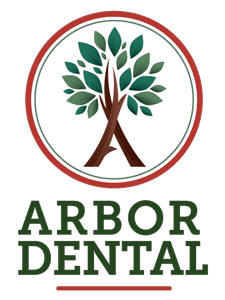


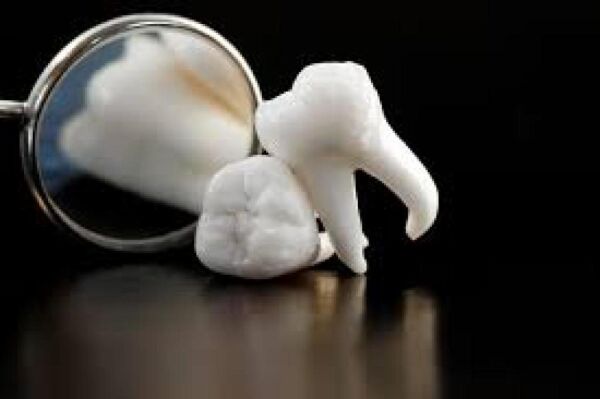
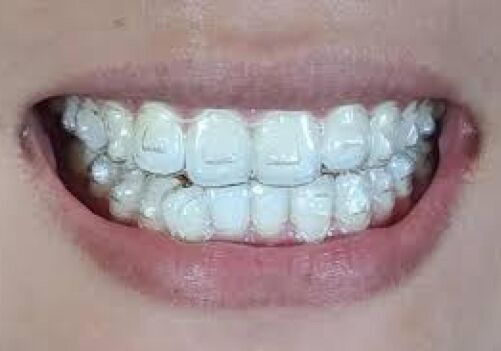
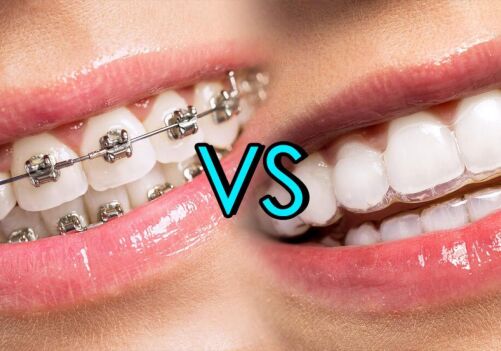
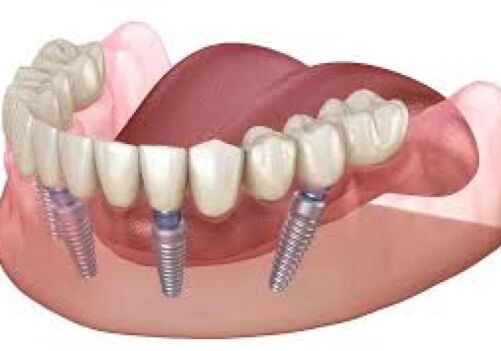
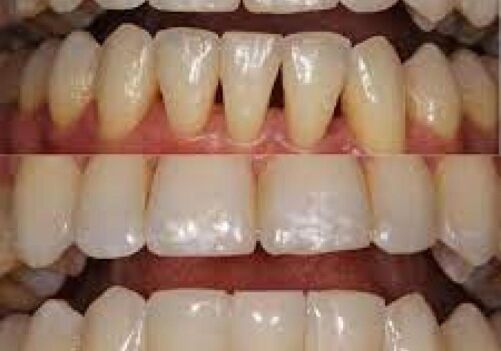
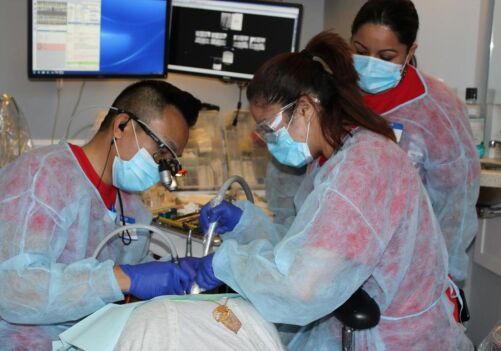
Comments: